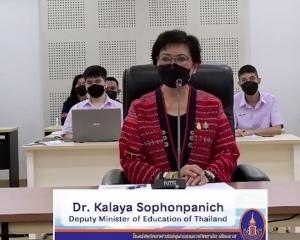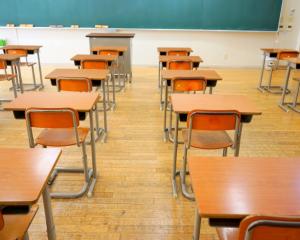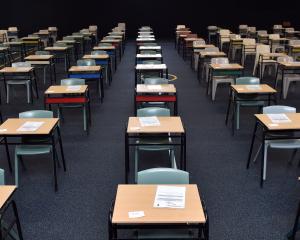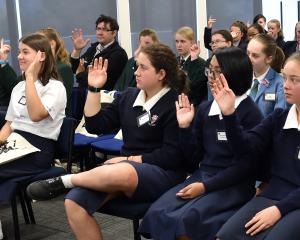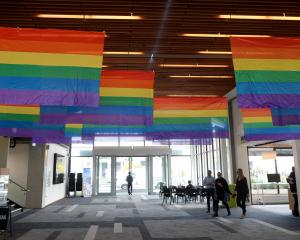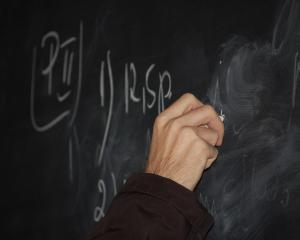Nearly 2000 primary school children were sent home last year as a result of serious disciplinary matters - including 75 whose behaviour was so bad they were told not to bother returning.
In many of the cases, the disciplinary action was an absolute last resort by desperate principals - not designed to teach the child a lesson but to get help for them or protect the safety of other pupils after violent, antisocial and occasionally sexually motivated behaviour.
Figures released under the Official Information Act reveal that in the 11 months to November, more than 21,000 school pupils faced serious disciplinary action.
Of those, 1874 were aged under 10 - including 170 5- and 6-year-olds - and 75 were permanently banned from returning to their school after going before the board of trustees for a disciplinary hearing.
While the statistics do not give age-related breakdowns of the reasons for the discipline, the Principals' Federation said the cases involving 5- and 6-year-olds were unlikely to be the result of playground spats or one-off incidents.
"There's no way [it] would be ... a normal response to stand a 5-year-old down," president Paul Drummond said.
"Most schools would go to almost every other option before standing down or suspending any children in primary school. It's the absolute last resort, but that tells you if a child that young has been stood down then the reasons are serious and complex, and they are often to do with that child's own safety and the safety of other children."
Of the 1874 primary school cases in the year to November, 1602 children were stood down by their principal for up to five days before being allowed to return.
A further 197 were suspended, usually indicating more serious behaviour, until they could go before the board. Of those pupils, the behaviour of 75 was so bad they were formally excluded from the school, meaning they were no longer allowed to return but had to be re-enrolled at another school.
While the figures provided for 2011 were not complete, the numbers were on a par with 10 years ago. In 2001, 1963 primary-age pupils faced serious disciplinary action.
Mr Drummond said anecdotal evidence suggested the number of children with "pretty complex behavioural and social needs" was increasing and "alarmingly, some of those children are getting younger".
In many cases, they came from dysfunctional families and were exhibiting learned behaviour that schools struggled to cope with.
"It is not unheard of for children as young as 5 to be violent or have behaviour that you would not associate with young children," he said.
"Not only are there the physical behaviours; there's the verbal behaviours and even sexual behaviours that are being presented in primary schools that perhaps you would not have associated with the times when you and I went to primary school."
Education Minister Hekia Parata said the number of incidents of "challenging behaviour in schools" had remained consistent for many years.
"This level and proportion is not unusual at all; it is consistent. What is, I suppose, remarkably new is what we are doing about it because we know this kind of behaviour really can disrupt and get in the way of learning and school life."
She said the Positive Behaviour for Learning action plan was introduced in 2010 to help address the management of disruptive behaviour in schools.
- Elizabeth Binning

